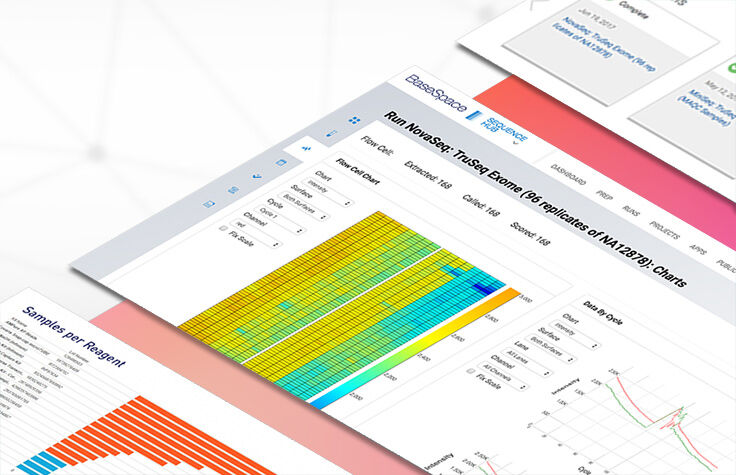Next generation sequencing (NGS) has the potential to quickly identify cancer subtypes. By doing that, patients can get access to the right level of care at diagnosis, improving their chances of great treatment outcomes. So, medical professionals must use NGS testing to zero in on the patients who would benefit from each treatment the most. This is particularly important for cancer types with limited therapy options, like metastatic colorectal cancer. Without testing, medical professionals run the risk of unnecessarily delaying treatment and potentially wasting resources.
The Need to Accurately Identify Eligible Cancer Patients
In order to get the best results from the proposed cancer treatments, medical professionals must accurately identify the ideal candidates from the start. To do that, they need to use HER2 testing and other key diagnostic procedures to identify the cancer cell mutations.
Upon doing that, medical professionals can select the cancer treatments that show the most promise in treating those cancer subtypes. If they cannot match the subtypes to effective treatments, then it opens the doors to clinical trials in the future. Either way, cancer patients benefit from knowing exactly what they’re up against, which is only possible with the proper testing protocols in place at diagnosis.
How HER2 Testing Helps Pinpoint Ideal Treatment Approaches
Through HER2 testing, medical professionals can best determine how to care for their patients with metastatic colorectal cancer. The test results reveal if the cancer patients would likely benefit from current treatment protocols. If not, then the medical experts can set their sights on clinical trials in hopes of finding a more suitable care approach.
When it comes to clinical care, patients with BRAF wild-type and RAS mutations typically fare best with the available treatment options. Patients with other types of cancer mutations may benefit more from participation in related clinical trials.
Currently, medical professionals do not use testing in the earliest stage of disease. Instead, they only complete this step upon diagnosis of metastatic disease, which can have a profoundly negative effect on the patient’s care outcomes. Changing that approach is key then in helping patients get the best treatment results.
Breast cancer care sets the precedent for that move, too. Upon diagnosis of breast cancer at any age, medical professionals use NGS testing to get reports on HER2 plus the estrogen and progesterone receptors.
By adopting that approach for colorectal cancer, it’s possible that the findings could change the course of disease progression, potentially helping patients make a full recovery. Plus, as new biomarkers get discovered and assessed, the research can help scientists create new therapy options for patients to try.
Using Next Generation Sequencing for Cancer Treatment
For now, colorectal cancer patients will only undergo next generation sequencing testing after metastatic growth occurs. They may also go through additional testing after disease progression continues despite therapy.
Although that’s not 100% ideal, it’s still beneficial to patients. The testing helps identify the drugs and other therapies that will work best in a clinical setting. Plus, the test results will help researchers set up new clinical trials designed to create even more effective treatments.

Thomas Jackson is a dynamic and talented content writer at WonderWorldSpace.com, renowned for his engaging and informative articles. Beyond his professional pursuits in writing, Jack is also known for his deep passion for fitness, which not only shapes his lifestyle but also influences his work.


